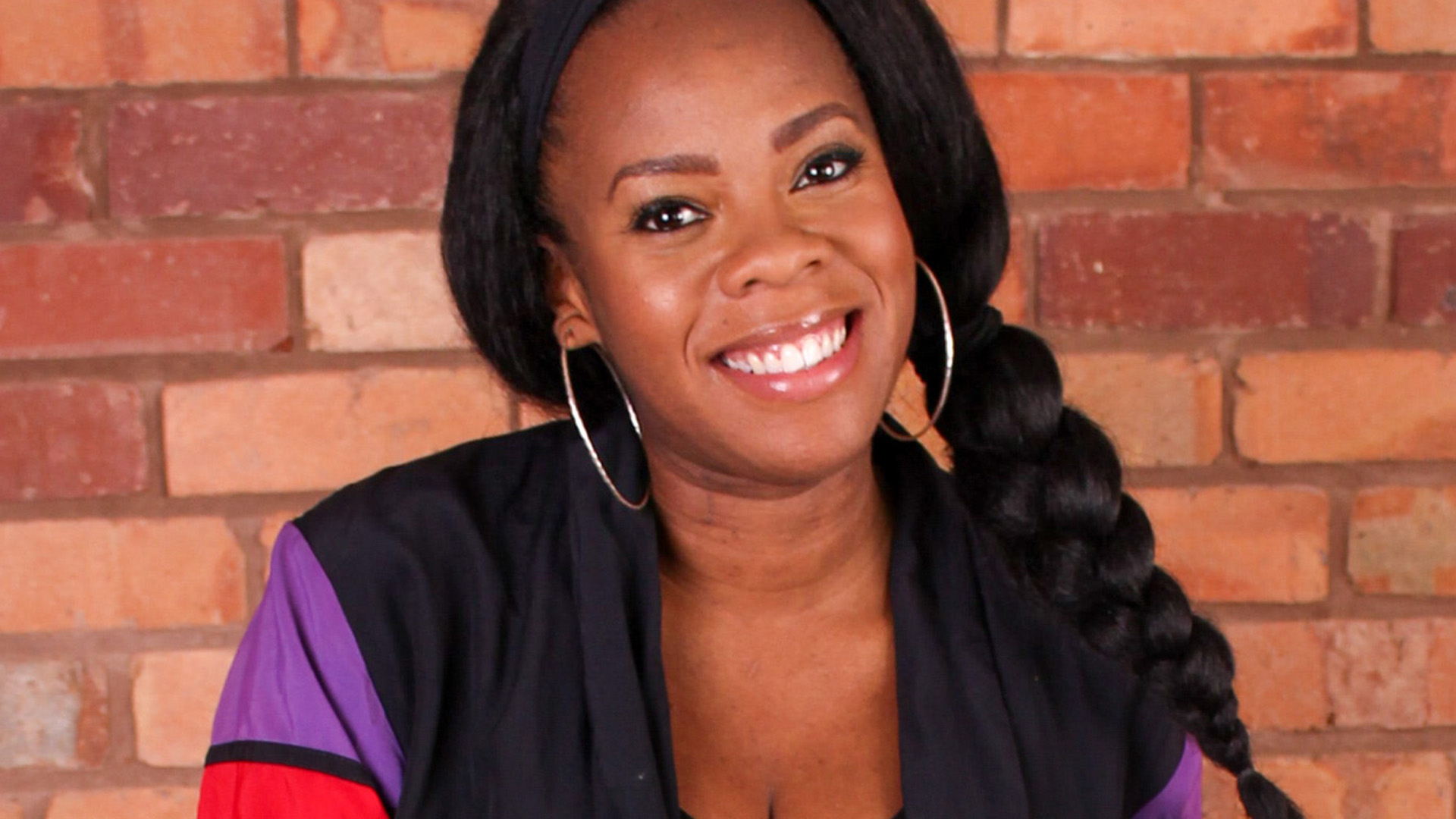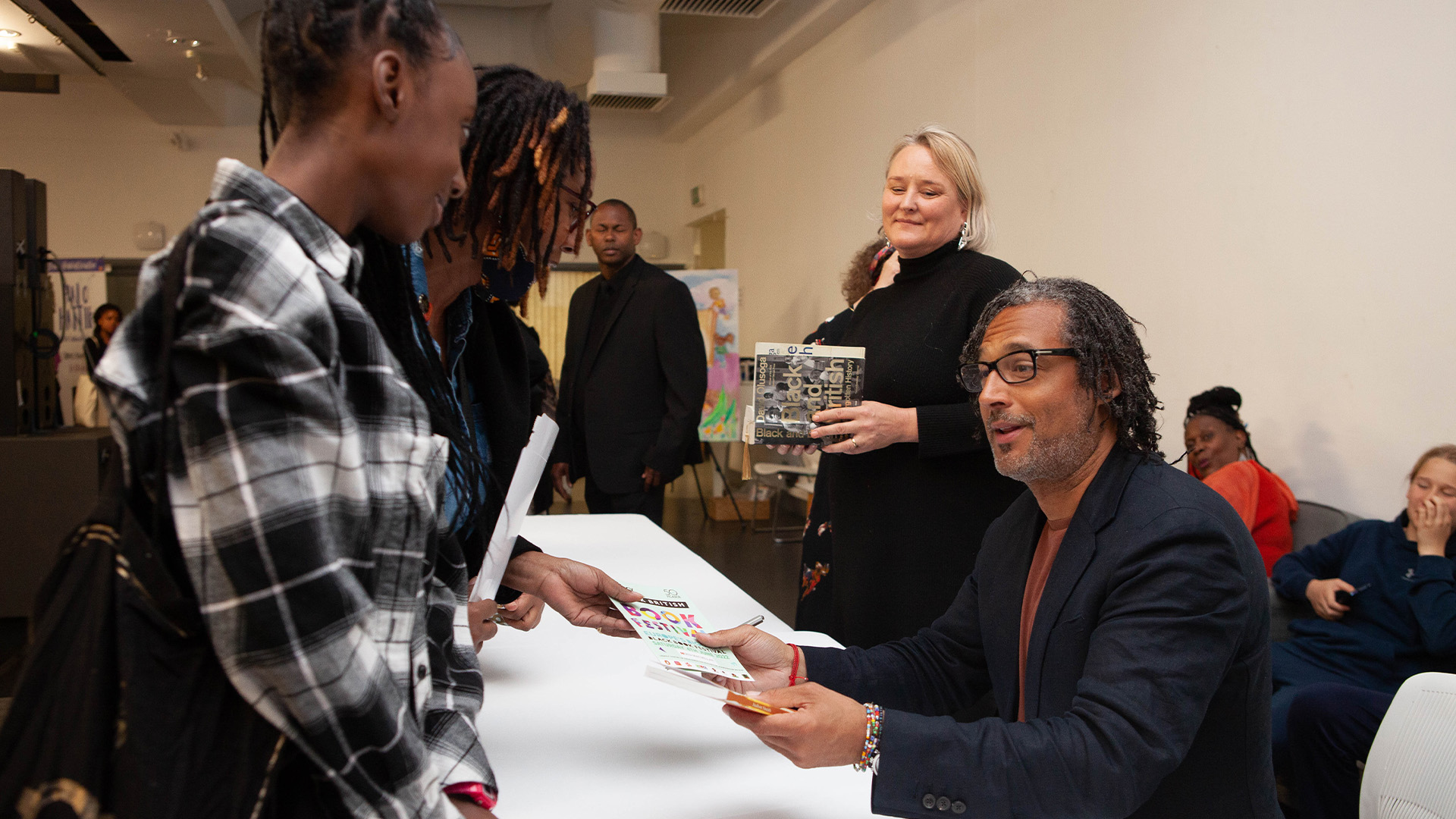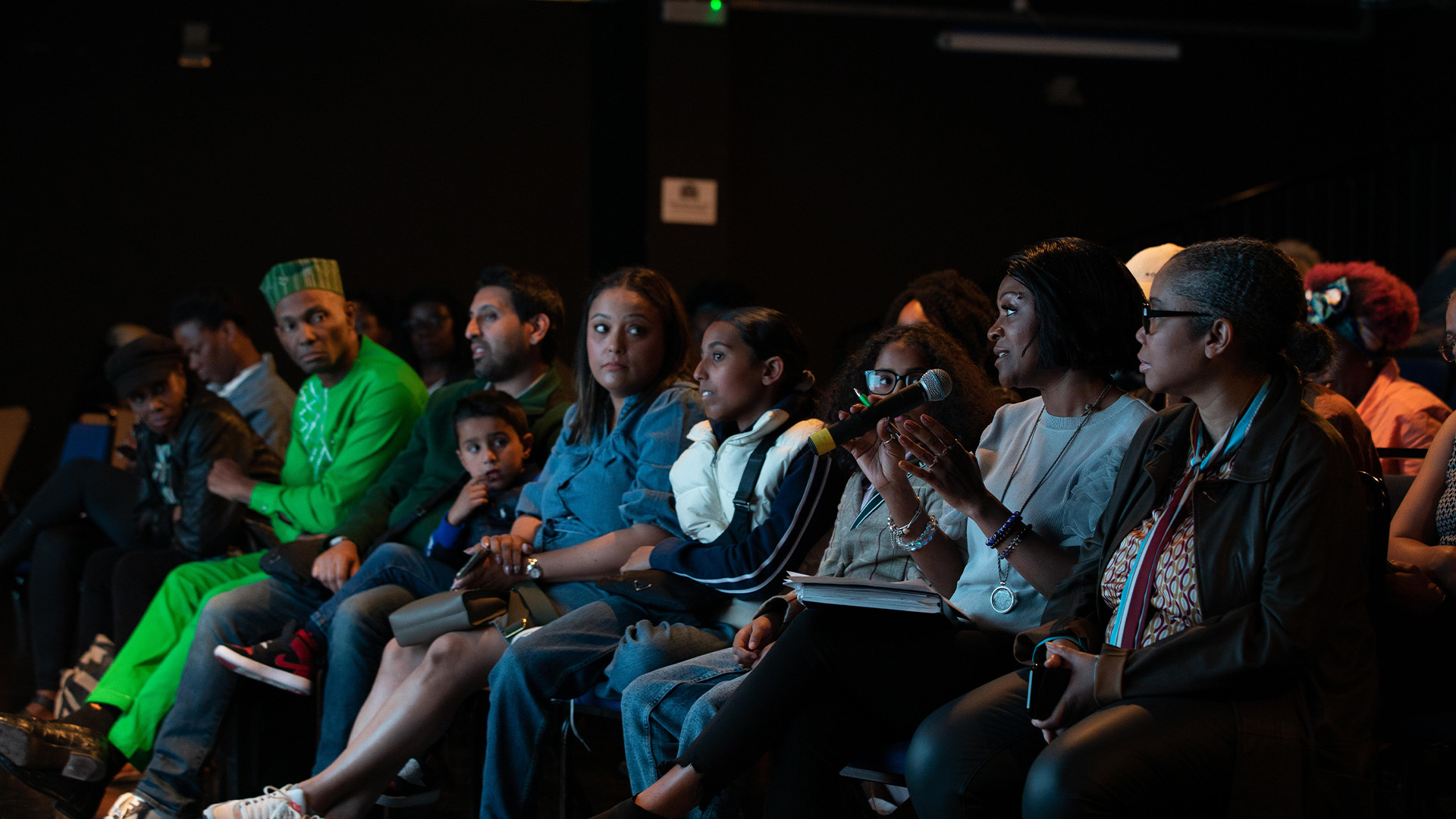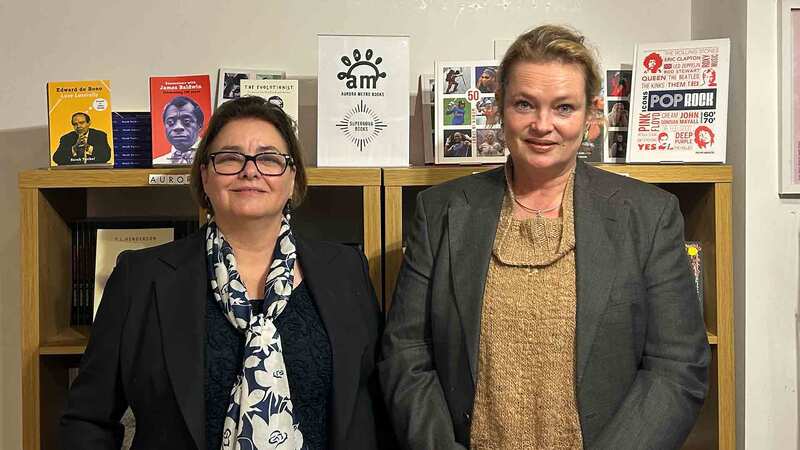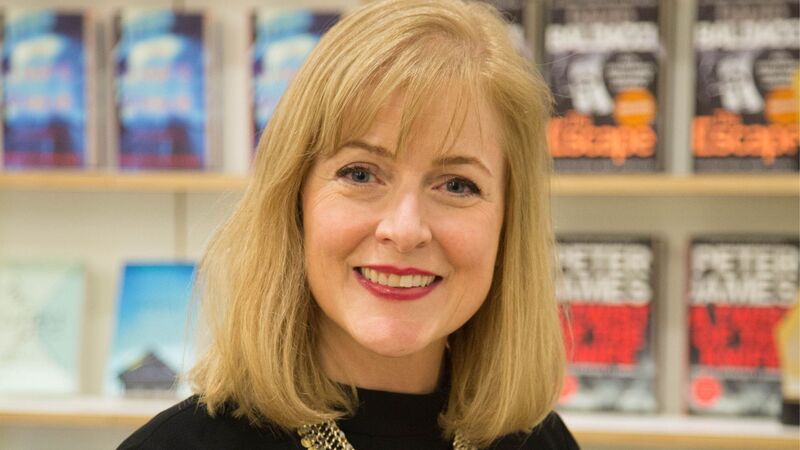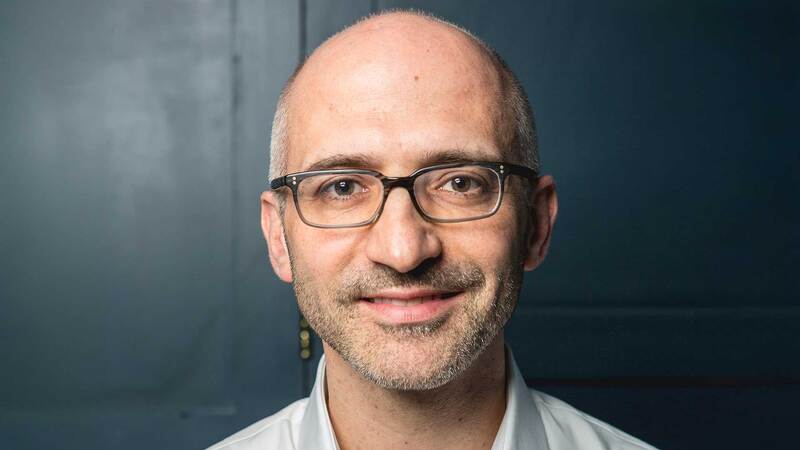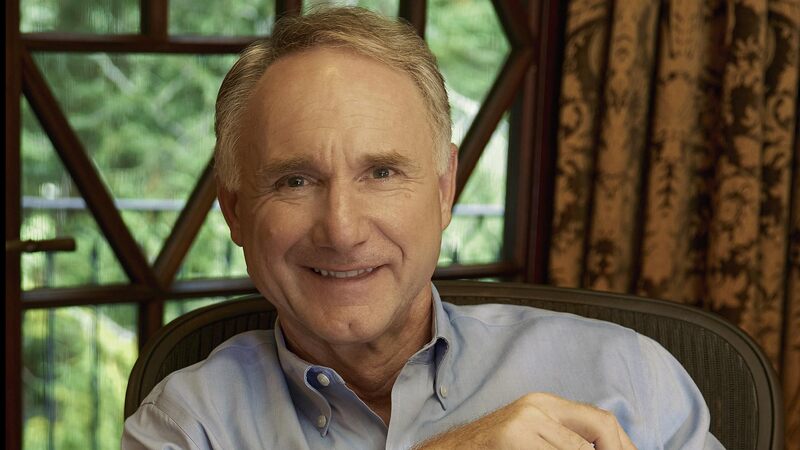You are viewing your 1 free article this month. Login to read more articles.
The Black British Book Festival looks to broaden its reach—again
‘Where there’s a need, people will come’, says Selina Brown of the Black British Book Festival, which uses accessible pricing and ambitious programming to target non-readers.
When author Selina Brown self-published her first two books, poetry and prose collections entitled Before Breath (2015) and Nena: The Green Juice (2020), her experience was mixed. The books were successful: Brown toured the likes of Jamaica, New York and the Gambia with Before Breath, and Nena: The Green Juice sold upwards of 3,000 copies and saw Brown appear on the BBC to discuss Nena’s message of healthy eating. However, along the way she has encountered “some barriers, some issues”.
“I can say it is because I’m a Black woman,” Brown says. “I thought it was me alone, but I spoke to other authors of colour, Black authors, and they sadly also experienced problems.” In 2019, Brown says, “Somebody within the publishing industry basically told me that my book wouldn’t sell because it’s got a Black girl with an afro on the front and people aren’t going to be buying that”. Speaking to other Black authors, she heard that people were being told that agents could “only take on one Black author right now”.
This prompted Brown, in 2021, to found The Black British Book Festival, a one-day annual event in Birmingham championing Black British writers. “[It’s] basically a direct response to the issues that I faced and that Black authors face. It’s about really representing, showcasing, supporting, celebrating authors, to really create visibility and reach,” she says.
The festival, which aims to demystify the publishing industry and assist in removing barriers for Black authors, saw 800 attendees in its inaugural year; that total doubled last year, with esteemed speakers including David Olusoga, Lenny Henry, Jasmine Richards, Laura Henry-Allain, Diane Ewen and Lola Jaye, and headline sponsors including Pan Macmillan, Penguin Random House and BookTrust.
Speaking of last year’s event, Brown describes the programming as “extremely experimental”. “We were very intentional when curating it, as Black authors are not a monolith,” she says. “Our aim was to offer a unique experience that kept different audiences engaged and left a lasting impact. We had agents come down from London, doing in-depth workshops. We had The School Library Association do a workshop on how you can tour your books around schools.” She adds that she was “blown away” by the turnout: “There’s a definite need for this, and we are making a great impact.”
Arguing that the way the festival has taken off in such a short span of time—attracting the sponsorship and support of big publishers and organisations as well as festivalgoers—“goes to demonstrate that where there is a need, people will come”, Brown concludes: “People were wanting this and seeking this.”
Another core goal of the festival is, Brown says, “to promote reading for pleasure within marginalised communities and also expose communities to literature by Black British authors”. She adds: “That will build the economy and enable more Black British authors to sell more units. We have economic goals as well.”
She is keen to highlight that the festival’s “main target audience”, perhaps unconventionally for a literary festival, is non-readers. Brown explains: “There are a lot of literature festivals out there that for years and years and years have been devoted to literary fans. That space has already been taken. But what about festivals for people that want to experiment? We really see the festival as a sample day, in that you come in and you can sample as many events as you want across all our zones. We want people to be overwhelmed in a positive way—with choice. We entice them with a very low entry point in terms of cost.”
Last year, tickets were £10 for an all-day, all-events pass for adults, £7 for concessions and £2 for children. There are also a number of free tickets available, which people can request with no questions asked. “When we conducted our research, 80% of the people that attended our festival had never been to a literature festival before. That’s what we are trying to do,” Brown explains. Later this year, the festival will be reaching even more new readers by touring the UK, with approximately 60 Black authors touring seven cities, and book events in unconventional, untraditional settings, such as chicken shops. Places, Brown says, where new readers wouldn’t ordinarily be reached.
Ultimately, the goal for Brown is to “create an economic shift within the ecosystem of Black publishing” and a landscape in which the books of Black British authors are “flying off the shelves”. She says: “The 2023 festival is going to be massive, the biggest event we have ever done. We’re doing it because we want to create more reach and visibility for Black authors. That’s our main drive. And it goes beyond profit. We’re driven by purpose.
“Our ultimate vision is to have, to be within, a landscape that is completely inclusive, completely diverse, completely representative of the whole of the UK, from the publishing boardrooms to the bookshelves. My hope is that within a couple of years, a young person in a school will go to a library and there will be a Black book, a book that represents Islam, there will be a book that represents travellers, Asian people, neurodiverse people, disabled people and there will be such a diverse bookshelf, so that everybody is authentically spoken to.”
The dates for the 2023 edition of The Black British Book Festival are due to be released shortly.





